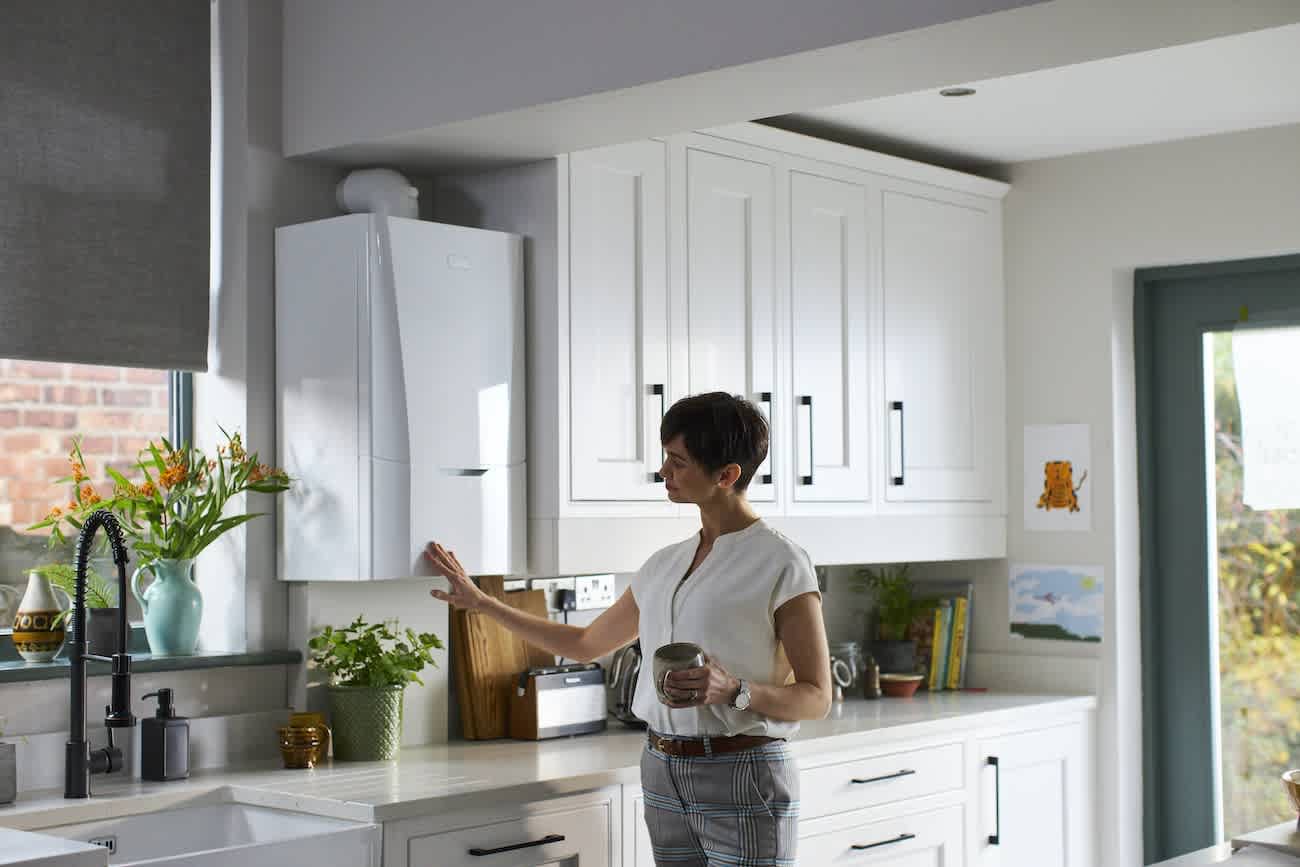
10 gas safety tips for your home
Looking for tips to stay gas safe at home, or are you a landlord trying to find out how you can be compliant with Gas Safety Regulations? An unsafe gas appliance can lead to carbon monoxide poisoning, fires and leaks, but these risks can be avoided. Our gas safety tips will help you to ensure all your appliances, from your oven to your boiler, are working properly and safely to keep your mind at rest.
In this blog, we’ll look at how you can ensure your home is gas safe. We’ll explain the importance of gas safety inspections, what is involved and what to do in an emergency.
Get an annual gas safety check
It’s recommended that you get an annual gas inspection on your home's gas appliances and this should be carried out by a Gas Safe registered engineer. If you’re a tenant renting a property, it’s your landlord’s responsibility to ensure these checks are arranged every 12 months. During the inspection, the engineer will look at your gas pipework and also complete a tightness check to confirm there are no leaks. These gas safety checks usually take around 20 to 30 minutes.
Obtain a gas safety certificate
It’s important to obtain Gas Safe certificates to provide you with the knowledge that the appliances in your home are safe to use. What is a gas safety certificate? Also called a gas safety record, this is a document that should be given to you by a Gas Safe registered engineer after they have carried out any gas works or repairs at your home. This record shows that your appliances are safe to use and should be updated every 12 months — an annual gas safety record is a legal requirement for landlords.
Check the engineer’s gas safety ID card
Allowing an unqualified person to service a gas appliance can put you and your home at serious risk. Before they start working, we recommend checking your engineer’s ID to ensure they’re fully qualified to carry out any gas works and repairs. You should only allow boiler engineers with an official Gas Safe register membership card to work on your heating systems.
Book an annual boiler check
It’s highly recommended that you have your boiler serviced once a year. This will keep it running safely and efficiently, as well as ensuring that your boiler warranty remains valid. The good news is that many boiler manufacturers, including Ideal Heating, will contact you when your boiler service is due. It’s even super easy to book a service online.
Get a carbon monoxide alarm fitted
Do you have a carbon monoxide detector? If you have a boiler, stove or fuel-burning fire, it’s recommended that you keep a CO alarm in your home. If your appliances have not been installed or ventilated properly, they run the risk of leaking this dangerous, odourless gas. To keep your home safe, buy an audible CO alarm, follow the manufacturer's install instructions and place it roughly 15cm from the ceiling. Also make sure that you regularly test the batteries. By taking these steps, you and your family will be alerted if a carbon monoxide leak occurs.
Know the 6 signs of carbon monoxide poisoning
Protect your home and family from carbon monoxide poisoning by knowing how to spot the signs; it could save a life. Carbon monoxide gas is a clear, odourless gas, and when breathed in, it can be dangerous. Knowing the symptoms of CO poisoning could be valuable if a leak occurs within your gas appliances. The 6 main symptoms to look for are headaches, dizziness, nausea, breathlessness, collapse and loss of consciousness. If you believe you or a family member have been exposed to carbon monoxide, contact your GP.
Only use gas appliances for their intended purpose
Tampering with gas appliances can be fatal; it’s really important that you only use gas appliances for their intended purpose. This will ensure that the appliances are used safely and avoid any unwanted emergencies. Gas appliances should have adequate ventilation: making sure no air vents are blocked allows gas appliances to burn properly, reducing the risk of fire or explosion.
Check for warning signs on your appliances
Keep your heating system healthy by checking for any warning signs. A key way to keep your appliances running safely is to look for any leaks, cracks, clunking noises or black, sooty marks. This may indicate that they need to be checked by a Gas Safe registered engineer. It’s also recommended that you check outside your home to ensure any external vents are not being blocked.
Know what to do in an emergency
Act fast! It’s crucial that you act fast in a gas emergency by carrying out the following steps. If you smell gas at your property you must open all doors and windows to help ventilation, turn off the gas emergency valve control, leave the property and immediately call National Emergency Gas on 0800 111 999.
Make sure you follow all the advice given to you by the emergency adviser and wait outside for the engineer to arrive. You must not use any electrical switches, smoke or naked flames near your home.
If you move house, get your appliances checked
If you move to a new home, never assume the appliances are safe. Before using them, we recommend that you should get everything checked by a Gas Safe registered engineer. If you’re renting, ask the previous tenants/landlords for the gas safety certificate. Unsafe gas appliances can cause leaks, fires, explosions and carbon monoxide poisoning, so it’s always best to get appliances checked by a qualified engineer before you move in.
You’ll find further advice on gas safety, servicing and boiler care in our FAQs, as well as more in-depth guides on the Ideal Heating blog.


















